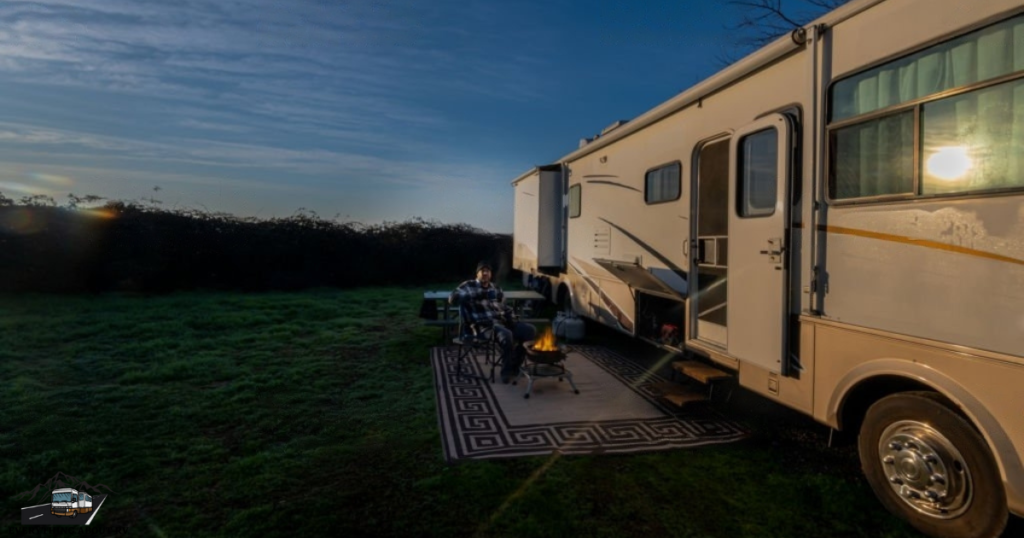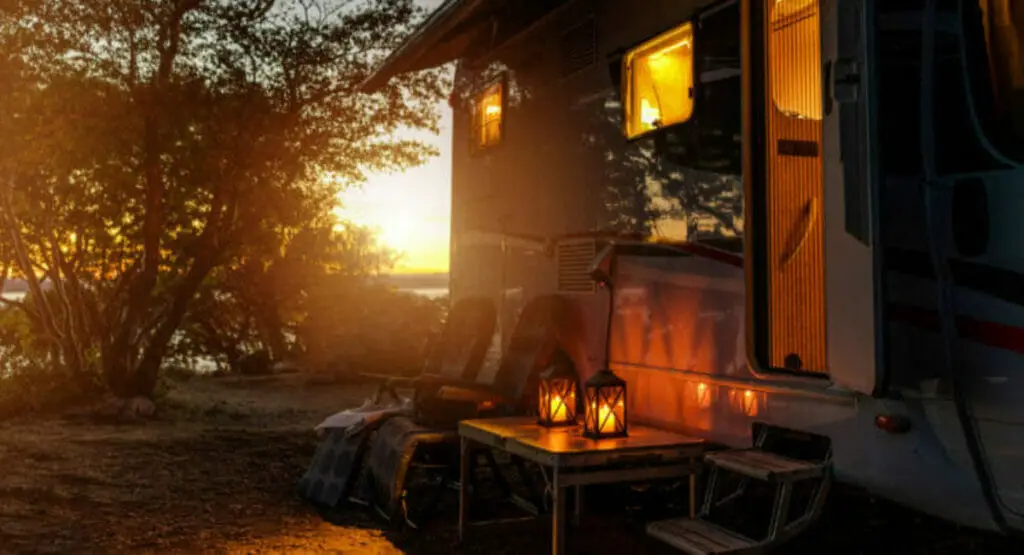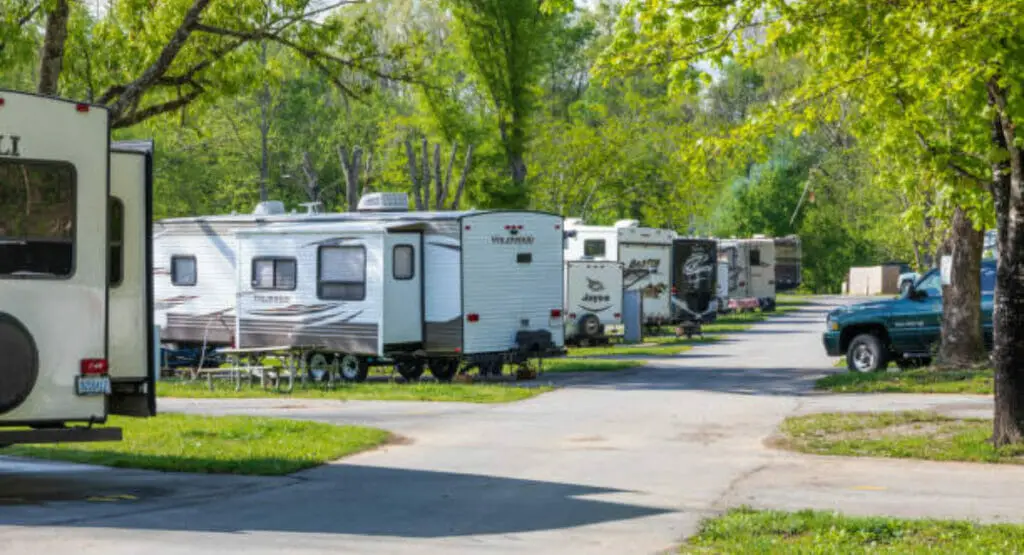In this blog post, we’ll look at full-time RV vs house/ ownership, comparing both lifestyles to help you decide. Discover the freedom and adventure of RV living, as well as its cost-effectiveness and space constraints. Homeownership, on the other hand, provides stability, investment potential, and the comfort of a permanent residence. We’ll look at social interactions, environmental impact, work considerations, health benefits, and family dynamics in each lifestyle. Evaluating financial aspects, ROI, and potential revenue streams will also help you make a decision.You can confidently determine whether the open road or a rooted abode suits you best if you understand your priorities and aspirations.
I. Pros and Cons of Full-Time RV Living
A. Flexibility and Independence
Living in an RV provides unparalleled freedom, allowing you to relocate whenever you want. Experience the joy of waking up to new scenery and traveling to new places.
B. Travel Possibilities
The world becomes your playground when you have an RV. As you travel across countries, embrace the adventure of discovering new places, cultures, and cuisines.
C. Minimalism and Downsizing
Living a minimalist lifestyle in an RV can be liberating. Accept the simplicity of owning fewer possessions and emphasizing experiences over material possessions.
D. Economical Effectiveness
Full-time RV living can be economical because it eliminates mortgage payments and drastically reduces utility bills. However, it is critical to consider the costs of fuel and camping.
E. Constraints of Limited Space
Living in a small RV necessitates adjusting to limited space. Organizational abilities are required, and living with a partner or pets may necessitate compromise.
II. Pros and Cons of House Ownership
A. Roots and Stability
The purchase of a home provides stability and a sense of belonging to a community. Establish long-term relationships with neighbors and the community.
B. Long-Term Investing
Homeownership is a valuable investment for the future because real estate has the potential for long-term appreciation.
C. Personalization and customization
Enjoy the freedom to personalize and customize your living space to your tastes and preferences.
D. Comfort and Space
When compared to RVs, houses provide more space and comfort, allowing for larger gatherings and more amenities.
E. Responsibilities and Upkeep
Homeownership necessitates routine maintenance and repairs, which can be time-consuming and expensive.
III. Lifestyle Comparison: Full-Time RV vs. House
A. Interactions with Others and Community
RV living cultivates a strong sense of community among fellow travelers, whereas homeownership fosters deeper connections with the local community.
B. Environmental Impact and Longevity
Due to lower energy consumption, RV living often promotes a greener lifestyle, whereas houses can be outfitted with eco-friendly features.
C. Considerations for Work and Career
Full-time RV living may necessitate flexible remote work or freelance opportunities, whereas certain jobs may be location-dependent.
D. Well-Being and Health
Both lifestyles have health benefits; RV living encourages an active lifestyle, whereas homeownership provides stability for certain health conditions.
E. Relationships and Family
Consider how each lifestyle choice may affect your family dynamics and relationships with family and friends.
IV. Financial Considerations
A. First Investment
Compare the initial costs of buying an RV versus a house, including down payments and other associated costs.
B. Monthly Outgoings
Consider the monthly costs of RV living and home ownership, such as insurance, maintenance, and utilities.
C. ROI (Return on Investment)
Compare the potential ROI of real estate investment to other investment options.
D. Potential Revenue Streams
Consider rental opportunities or remote work to supplement your income while living in an RV or owning a home.
V. Making the Decision
A. Recognizing Personal Priorities
Determine and prioritize the factors that are most important to you, whether they are freedom, stability, or financial considerations.
B. Assessing Future Objectives and Aspirations
Consider your long-term goals and how each lifestyle fits into your future vision.
C. Experimenting with Short-Term RV Living
If you are unsure, consider trying out short-term RV living to assess your comfort level with the lifestyle.
D. Seeking Professional Help
Consult with financial advisors or real estate experts to gain insight into the potential financial impact.
Conclusion
Ultimately, the choice between full-time RV living and house ownership depends on your individual preferences, priorities, and future aspirations. We hope this comparison has provided valuable insights to help you make a well-informed decision that suits your unique lifestyle. Happy adventuring or settling down!



